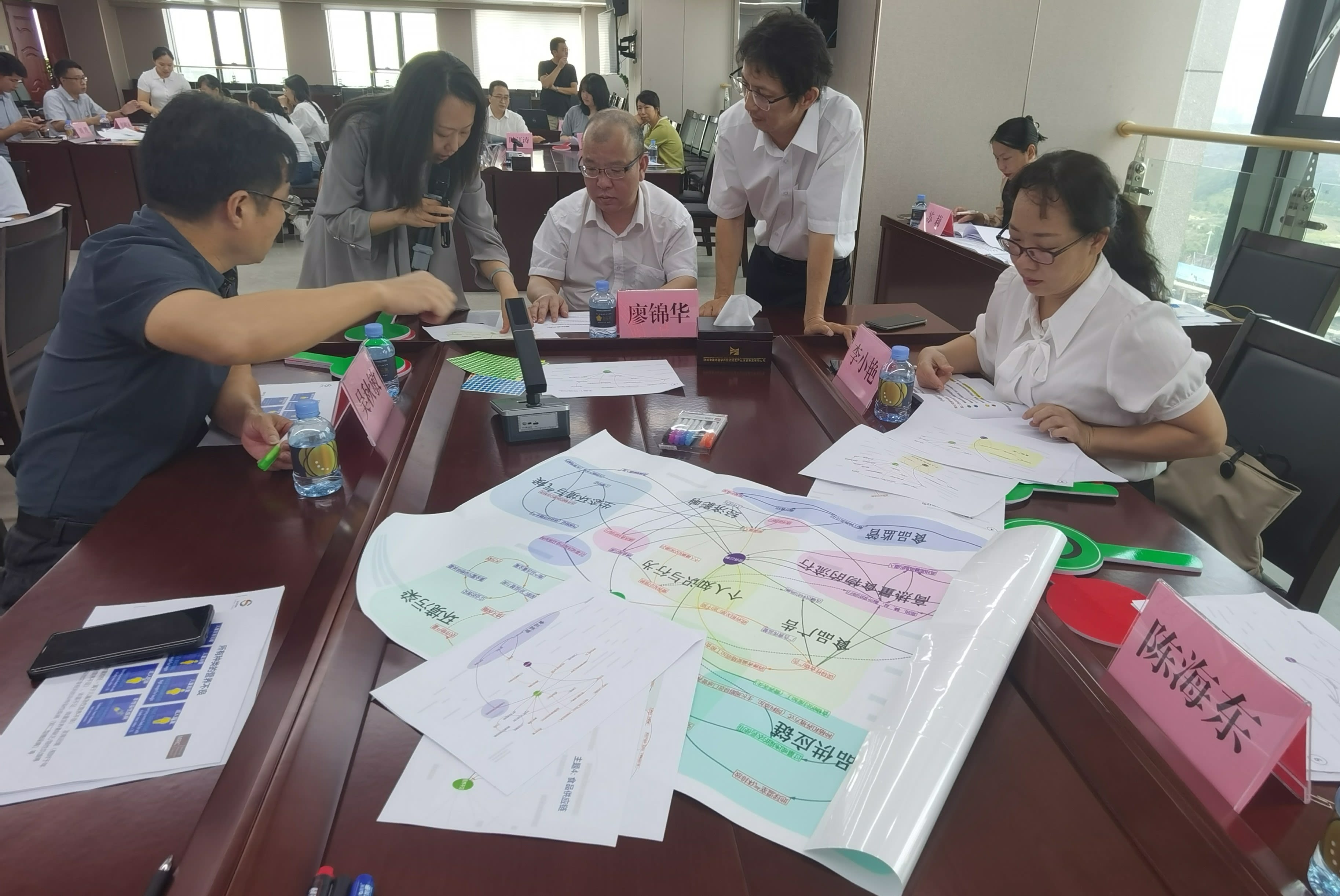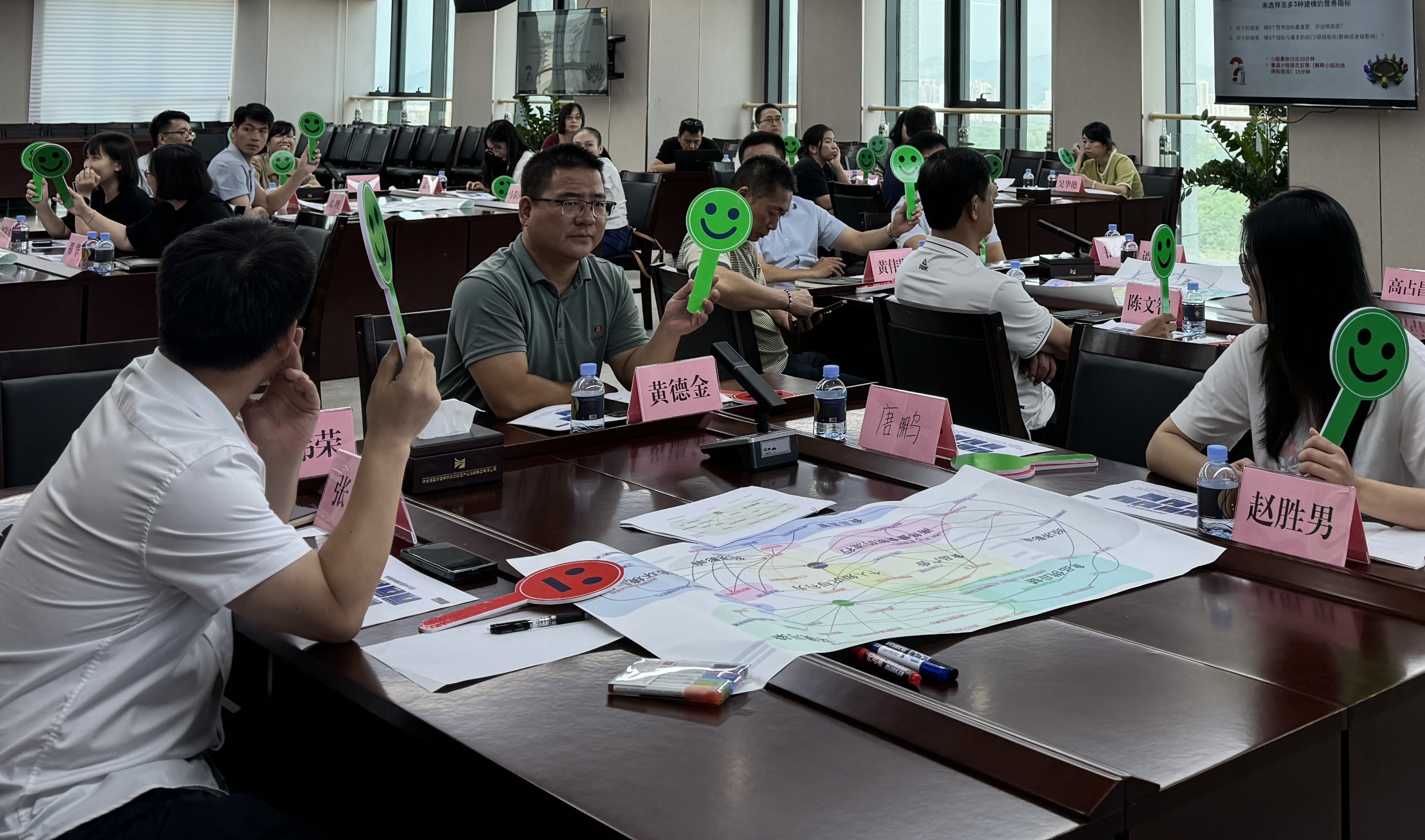A world-first approach to tackling both undernutrition and obesity
A pioneering research project is exploring a new approach to simultaneously tackling undernutrition and obesity that could improve the lives of millions of people.

Traditionally, health problems such as undernutrition and overnutrition have been tackled as separate issues. The approaches taken to tackle them might ordinarily be through a campaign to encourage healthy lifestyle choices, for example, or an education programme in schools.
But what if you wanted to tackle undernutrition and overnutrition together and focus on the common drivers for both? And what if you wanted to go further ‘upstream’ and introduce changes at a more systemic level for maximum impact?
Such an approach would involve a new way of thinking and bringing together a range of senior people across a whole city, or even country, in a way that has only previously been achieved in situations like the Covid pandemic.
It would involve getting policy makers and implementers around the same table to map a course of action that could benefit thousands, or tens of thousands, of people at once. It would involve creating a direct link between analysis and action.

This is exactly what one of our academics, Associate Professor Bai Li, is doing in leading a ground-breaking new project funded by the UK Medical Research Council and backed by the World Health Organization.
The project sets out to tackle the common drivers of malnutrition and obesity – and related non-communicable diseases, such as cancer, diabetes and stroke – in an approach known as 'double-duty'.
It takes a System Dynamics Modelling (SDM) approach to look at potential outcomes in 10 to 25 years’ time to identify the most cost effective measures to implement now.

The first phase of the research is being conducted in China and Southeast Asia with the Chinese city of Fang Cheng Gang having been selected as the pilot area for the study.
An Action Committee has been established made up of the directors of 17 government departments to jointly implement, monitor and evaluate the interventions that have been identified.
The Action Committee has identified a number of key areas they want to look at, which encompass the environment, food labelling and the food supply chain.

“Our pioneering research will build empirical evidence for, and practical understanding of, this new approach, so policy-makers and researchers around the world can better address the double burden of malnutrition.”
Dr Li, Associate Professor in Global Health
The environmental approach
One strand looks at water pollution. Research shows that some people in Fang Cheng Gang have reduced their consumption of fish as they are concerned about pollution in the water.
Therefore, what if the environmental protection department increases penalties for pollution and enhances monitoring?
This will lead to greater adherence to the regulations by companies in the area.
This will reduce the pollution in the water and increase public confidence which, in turn, will lead to more people eating fish.

"The outcomes are relatively simple but they require detailed mapping and cross-departmental buy-in. However, this approach means the outcomes are, as a result, more effective, easier to measure and, importantly, more sustainable.”
“This study has the potential to have a significant impact on the double-burden of malnutrition and improve the health and living conditions of billions of people.”
This research is led by Associate Professor Bai Li alongside Professor Boyd Swinburn (University of Auckland), Professor Poh Bee Koon (Universiti Kebangsaan Malaysia), and Professor Steve Allender (Deakin University).
Learn more about Systems Dynamic Modelling and other applied evidence approaches on our postgraduate programmes:
